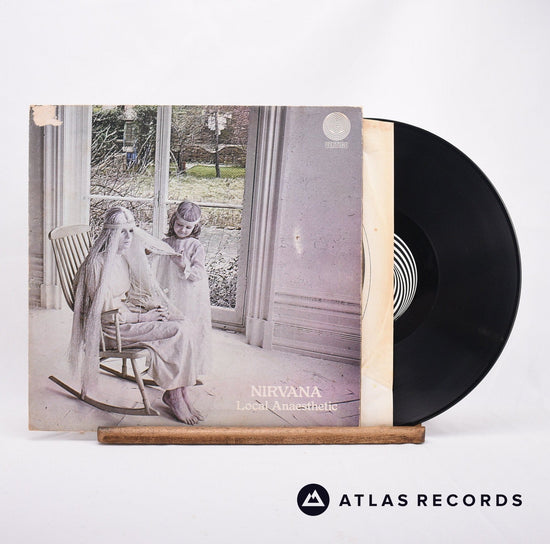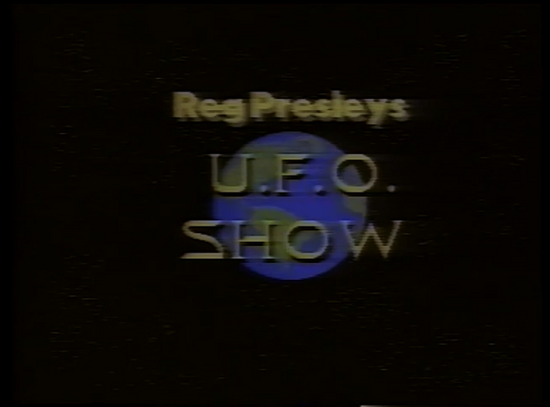In the music world, few narratives resonate as profoundly as the legal symphony played out between Apple Corps, the multimedia empire founded by The Beatles, and Apple Computer, later known as Apple Inc. This saga, named Apple Corps v. Apple Computer, unfolds as a tale of trademarks, technology, and the unique challenges faced by these two iconic Apples.
Apple Corps' Resonant Beginnings
The story commences in 1968 when The Beatles, at the zenith of their creative prowess, birthed Apple Corps. More than a record label, Apple Corps embodied a utopian vision that spanned music, film, fashion, and diverse ventures. The Granny Smith apple logo became a symbol of innovation, marking the dawn of a new era in both music and business.
The Apple Accord (1981)
Amidst the music and technology revolution of the '80s, Apple Corps and the burgeoning Apple Computer entered a covenant in 1981—a formal agreement defining the bounds of each Apple's use of the "Apple" trademark. The settlement aimed to harmonise their coexistence, with Apple Computer abstaining from the music business, and Apple Corps steering clear of computers.
This harmonious agreement, however, soon faced its first dissonant chord.
MIDI and Macintosh: A Crescendo of Conflict (1984-1989)
As technology advanced, the '80s witnessed Apple Computer's introduction of the Macintosh, featuring enhanced sound capabilities. Simultaneously, the Musical Instrument Digital Interface (MIDI) revolutionised the music industry. The inadvertent overlap led to a clash—Apple Corps alleged that the Macintosh's sound capabilities breached the 1981 settlement.
Thus, the legal symphony of Apple Corps v. Apple Computer crescendoed into its first movement.
Legal Prelude (1991): The MIDI Controversy in Court
In 1991, the case formally reached the High Court in London. The central question was whether Apple Computer's technological advancements and association with the emerging MIDI standard violated the original settlement. The court ruled in favour of Apple Computer, asserting that the primary function of the Macintosh remained data processing, not music creation.
However, the duet of these Apples was far from resolved.
Expanded Agreement (1991): Orchestrating a Compromise
Post the court ruling, the two Apples reconvened, composing an expanded settlement to accommodate the evolving technological landscape. This agreement acknowledged the changing dynamics and stipulated that Apple Computer could use the Apple logo for computers, data processing, and telecommunications, excluding music products. A harmonious resolution was sought, with Apple Computer reportedly compensating Apple Corps around $26.5 million. The case ended with Apple Computer agreeing not to sell physical music materials.
Sosumi (Early 90s)
A brilliant moment in this tale, sosumi was and still is a system alert sound on Apple Macintosh computers. It was introduced by Apple in the early 1990s. The name "sosumi" is a play on the phrase "so sue me,” developed by Apple employee Jim Reekes, creator of the sound alerts on Apple’s System 7.
His original naming suggestion was “Let It Beep” as a pun on “Let It Be,” but it was decided that this would struggle to get past legal approval. Instead, he went with sosumi, claiming that it was a Japanese name and had ‘nothing to do with music.’
The sound effect may not be in standard use on Apple computers nowadays, but you can still find the sound in your computer’s sound/audio settings, although it might now be called ‘Sonumi.’
Digital Crescendo: iTunes and the Legal Encore (2003-2007)
With the dawn of the digital music revolution, Apple Inc. (formerly Apple Computer) launched iTunes in 2003, reshaping the music distribution landscape. The iTunes platform, despite its primary focus on organising and playing music, again raised concerns at Apple Corps.
In 2003, Apple Corps initiated another legal movement against Apple Inc., alleging that the iTunes Music Store violated the 1991 agreement. The legal duet continued for several years, culminating in a confidential settlement in 2007. The terms remained undisclosed, but reports hinted at Apple Inc. compensating Apple Corps and taking ownership of the Apple trademark and logos for $500 million.
The Legacy of Innovation and Discord
The tale of Apple Corps v. Apple Computer is not merely a legal saga; it's a symphony that echoes the evolution of technology and the music industry. It reflects the challenges of defining boundaries in an ever-changing landscape where innovation blurs traditional lines of business.
Despite the legal discord, both Apples have left an indelible mark on their respective industries. Apple Inc. revolutionised personal computing and music distribution, while Apple Corps continued to preserve and promote The Beatles' legacy.
The question of where one company's territory ends and another's begins is a perpetual challenge in industries marked by rapid innovation. The Beatles and related acts’ music finally made its way to digital music stores (including iTunes) in 2010.












